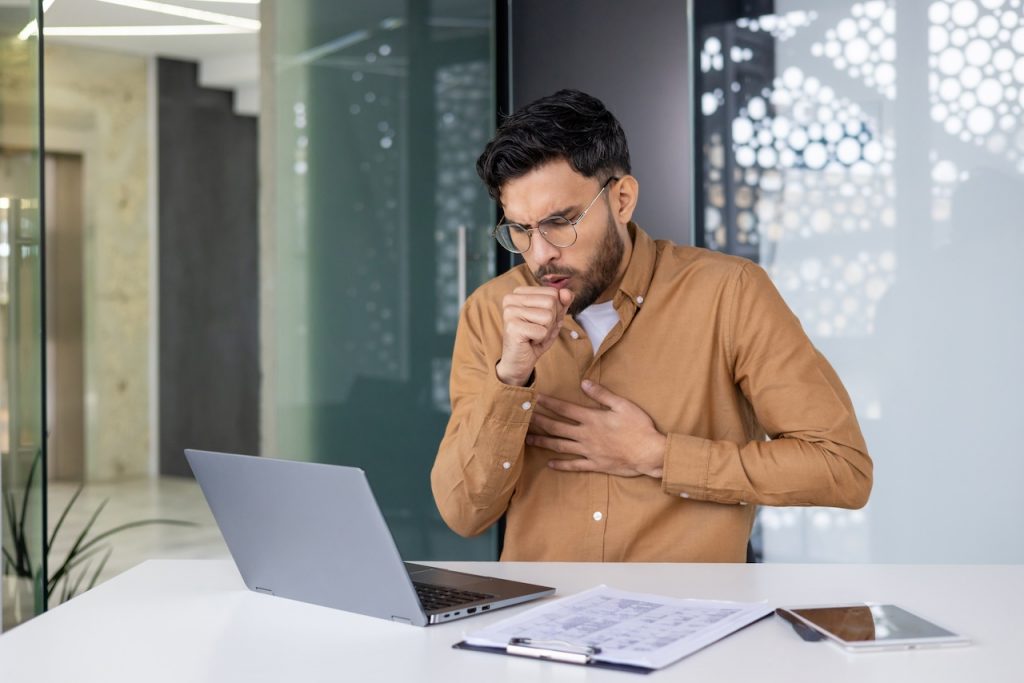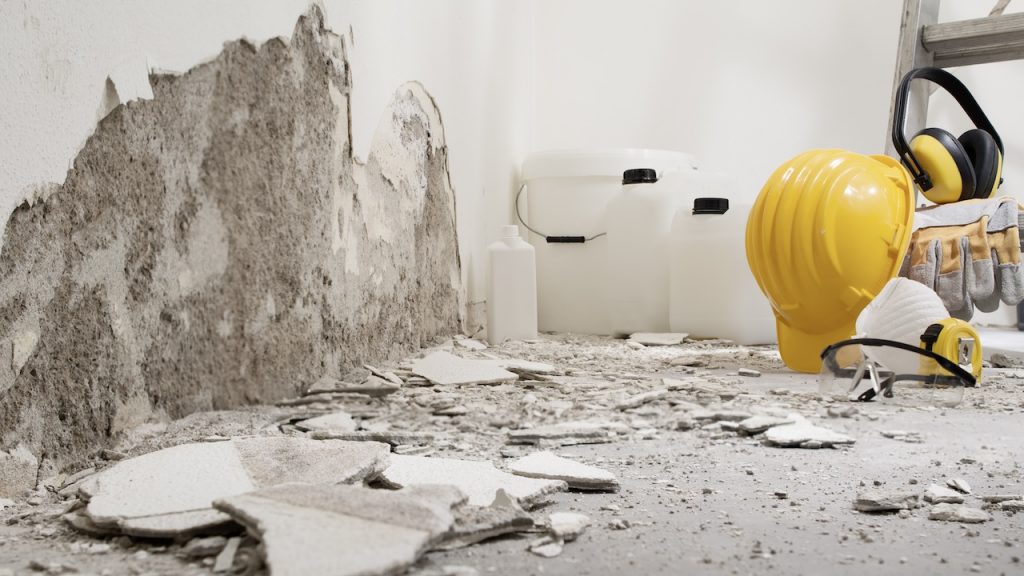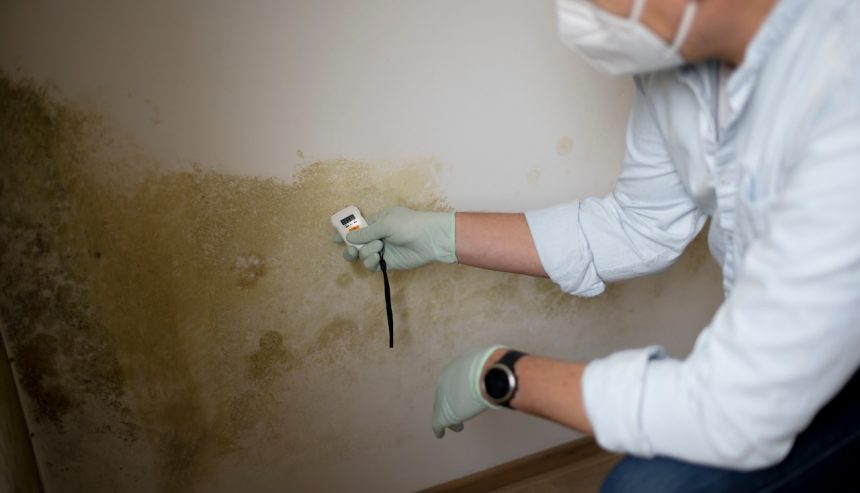Despite best efforts to keep buildings clean and mold-free, mold in commercial buildings is a common issue. It can be a result of anything from inadequate ventilation to water damage or even high humidity levels. While its presence can be unsightly and odorous, the health impacts of mold are far more significant, negatively affecting both building occupants and business operations. Understanding the health impacts of mold, identifying its causes, and taking proactive measures through the help of a professional mold mitigation company is crucial for ensuring a safe and healthy environment in commercial buildings.

Mold can be found in several places, including commercial buildings.
Understanding Mold in Commercial Buildings
Mold is a type of fungus that thrives in moist environments. It can grow on various surfaces, including walls, ceilings, carpets, and furniture. In commercial buildings, mold can often be found in places like HVAC systems, around leaking pipes, bathrooms, and areas that have experienced flooding or high humidity. Once mold spores are present, they can spread rapidly, leading to widespread contamination.
Identifying mold in commercial buildings is essential for mitigating its health impacts. Signs of mold presence include visible growth, a musty odor, and water stains on walls or ceilings. Regular inspections, particularly in areas prone to moisture, such as basements, bathrooms, and kitchens, are crucial for early detection.
Health Impacts of Mold Exposure
Mold exposure can cause various health problems, especially for those with respiratory conditions, allergies, or compromised immune systems.
Respiratory Issues
One of the most common health effects of mold exposure is respiratory problems. Mold spores can irritate the respiratory system, leading to symptoms such as coughing, sneezing, and throat irritation. For individuals with asthma or other pre-existing respiratory conditions, mold exposure can exacerbate their symptoms, leading to asthma attacks and other severe respiratory issues.

The health impacts of mold can range from respiratory issues to allergic reactions.
Allergic Reactions
Mold spores are a common allergen, and exposure can trigger allergic reactions. Symptoms may include sneezing, runny or stuffy nose, red and itchy eyes, and skin rashes. These reactions can be particularly severe in individuals with mold allergies, leading to chronic discomfort and impacting their quality of life.
Chronic Health Problems
Long-term mold exposure can lead to more serious health issues. Some molds produce mycotoxins, which can be harmful or lethal when inhaled over extended periods. Chronic exposure to mycotoxins can lead to neurological problems, immune system suppression, and other serious health conditions.
Preventing and Addressing Mold in Commercial Buildings
To help prevent mold growth involves regular inspections, proper ventilation, prompt water damage repair, and humidity control. Conducting routine checks, maintaining HVAC systems, repairing leaks quickly, and using dehumidifiers can significantly reduce the risk of mold.

Mold in commercial buildings can have negative health impacts and needs to be addressed by a professional team immediately.
Mold in Commercial Buildings? Protect Your Health and Business with PuroClean of Springfield
Mold in commercial buildings is not just a cosmetic issue; it poses significant health risks to building occupants. If mold is found in a commercial building, it is important to act swiftly to mitigate its impact. If you suspect or have discovered mold in your commercial building, contact PuroClean of Springfield for immediate help!
Our team of professional mold remediation experts comes equipped with the knowledge and tools to provide safe and effective mold remediation services. Call us at (703) 334-0410 to schedule an appointment today!




 PuroClean of Springfield
PuroClean of Springfield